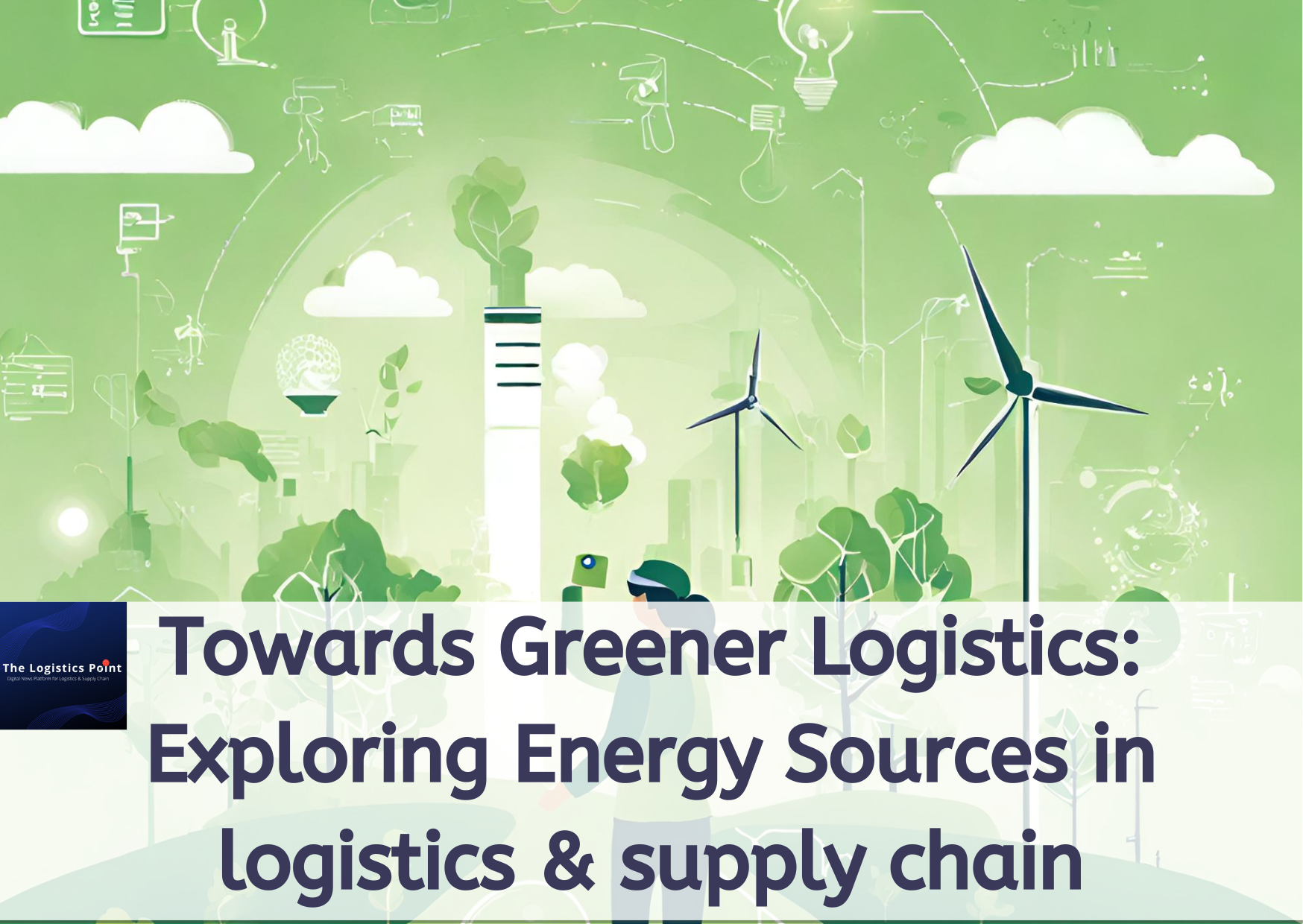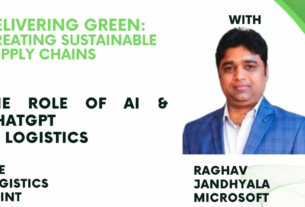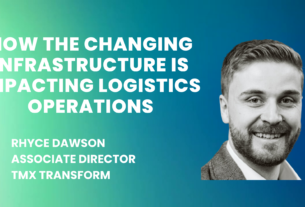The logistics and supply chain industry is at the forefront of addressing emissions and sustainability challenges. Whilst the spotlight often falls on the emissions from transportation modes, it’s vital to consider the microscale emissions, especially and where the industry gets its energy, what alternatives there are and what are the challenges to accessing and developing them. More from our March edition here!
Looking ahead, the future of fuel in logistics operations appears to be a diverse blend of electricity and hydrogen. Battery electric vehicles are poised to make significant strides, especially in scenarios demanding shorter distances and lighter payloads.
Their versatility makes them ideal for urban deliveries and local transportation needs. On the other hand, fuel cell electric vehicles, utilising hydrogen power, will carve out a vital niche, particularly in demanding situations requiring onboard power, extensive ranges, or hefty cargo loads.
As we chart the course towards a greener and more efficient logistics landscape, embracing this dual approach promises to unlock a wealth of opportunities while minimising environmental impact.
‘Fuel cell electric vehicles powered by hydrogen will also have an important role to play, especially in complex or critical applications with onboard power requirements, longer ranges, or heavy payloads,’ says Rebecca Zeitlin – Head of Marketing and Communications at Protium.
While the focus on transportation emissions rightfully commands attention, it’s equally crucial to shine a light on the microscale emissions originating from the tools and devices that drive our supply chains forward.
The proactive stance taken by the logistics industry underscores a dedicated effort toward fostering a more sustainable future. As we further embrace the integration of IoT technologies into our supply chains, it becomes increasingly paramount to weave sustainability into the fabric of every decision and action.
By prioritising sustainability at every juncture, we not only reduce our environmental footprint but also pave the way for a more resilient and responsible industry landscape.
‘IoT devices have revolutionised logistics, offering real-time tracking and enhanced data analytics. However, these devices, no matter their size, require energy, typically sourced from batteries. These batteries, whilst small, contribute to the overall environmental footprint of the logistics industry,’ thinks Sam Colley, CEO, Pod Group.
In its Global Energy Perspective 2023 McKinsey highlights that the energy transition is picking up speed, yet the road ahead is marked by uncertainty, spanning from shifts in technology to geopolitical factors and changing consumer behaviours. Navigating this landscape poses challenges in crafting investment strategies that can withstand various scenarios. Decision-makers face the complex task of balancing multiple objectives, from achieving long-term decarbonisation goals to meeting short-term economic expectations. As we navigate these challenges, staying adaptable and informed becomes key to charting a course that aligns with both sustainability ambitions and financial objectives.



